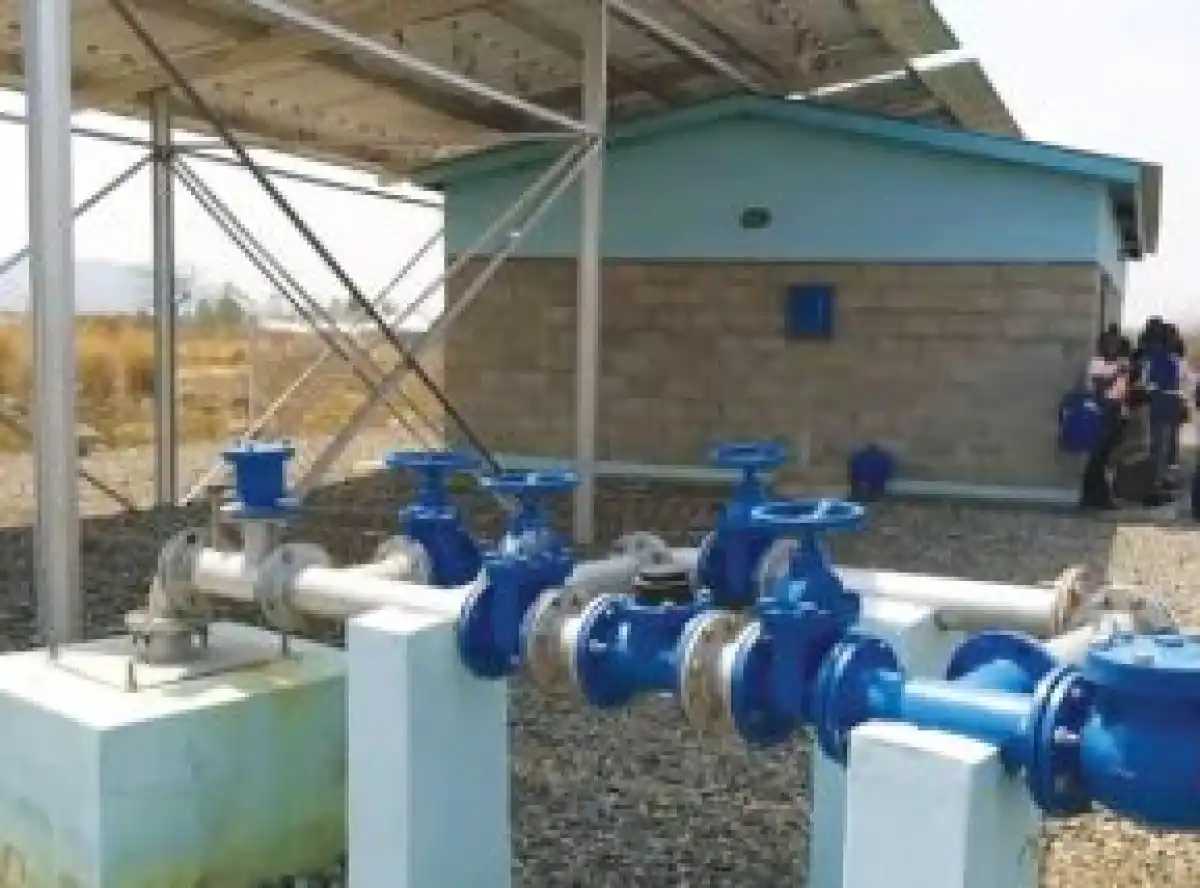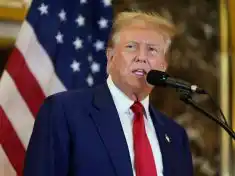
With just a year to the next general elections, time is running out for the Tonse Alliance administration to fulfil one of its main agenda items: trimming presidential powers that the country’s legal instruments confer on a president.
And critics—including notable political scientists and legal minds—are pouncing.
In his inaugural address on July 6 2020, President Lazarus Chakwera pledged to trim presidential powers, including those on appointment of top civil servants and heads of State-owned enterprises and agencies.
In another address on August 8 2020, Chakwera reiterated his promise to shed off some presidential powers.
The President said: “This [having excessive powers] is unwise. No person is good or humble enough to be entrusted with that much appointing power, for it is not possible for a President to be the appointing authority of that many offices without at some point coming face to face with a conflict of interest.”
When he appeared in Parliament for question time in September 2020, the President expressed discomfort with the law that allows him to be chancellor of all public universities.
But with just a year before the end of his first term, Chakwera is still chancellor of six universities, and he still appoints several senior public officers, among others.
Analysts, both legal and political, have since said the Tonse administration’s failure to honour its campaign promise should be a concern to Malawians.
In a telephone interview, political scientist Boniface Dulani said it appears the President feels unsafe to let go of some of the powers.
He referred to recent Afrobarometer reports that have revealed that the majority of Malawians have lost faith in democracy partly because of politicians’ failure to implement promises.
“The President may be shocked come the next elections; hence, there is a huge incentive to implement what is promised,” said Dulani.
In a separate interview, professor of law Mwiza Nkhata said the President had the right diagnosis to note that the presidency had too much power.
“Actually, removing these ceremonial powers would have no effect on the office of the President.
“That would have also signalled commitment that indeed the President is committed to reducing these powers,” he said.
In his response, University of Cape Town-based law professor Danwood Chirwa observed that while the Malawian presidency’s powers are in line with constitutional standards in the southern and eastern Africa, ‘‘the difference lies in the fact that the Malawian presidency is able to exercise those powers for ulterior and improper purposes with impunity and without any accountability whatsoever.”
Our efforts to get responses on the progress to implement these promises from both presidential press secretary Anthony Kasunda and Ministry of Justice have been futile as both have not responded to our questionnaires.
But at a press briefing in April 2022, Kasunda insisted that the President has moved to trim his powers administratively by ending the practice of interfering with operations of independent bodies such as Parliament, Anti-Corruption Bureau (ACB), the Office of the Ombudsman and Malawi Police Service.
He said: “Legislatively, the amendments to the law necessary for ending the President’s chancellorship over public universities is already underway through the Ministry of Justice.”
Kasunda added that the President has also “greatly” reduced his powers by subjecting himself to the constitutional provision to appear in Parliament every session as well as his move to avail himself before ACB investigators.
However, Section 89 (4) of the Constitution provides that the President shall be called to Parliament to answer questions at such times as may be prescribed by the Standing Orders of Parliament on a motion of the National Assembly or Senate.






0 Comments